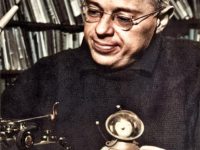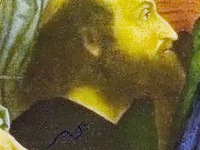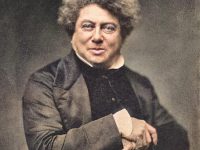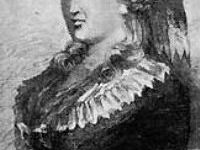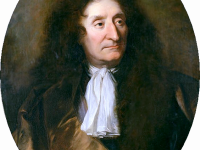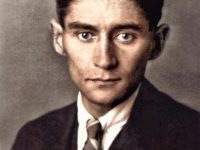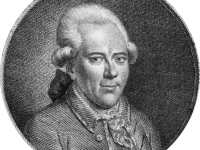Stanislaw Lem and Mankind’s Place in the Universe
On September 12, 1921, Polish writer of science fiction, philosophy and satire Stanislaw Lem was born. He is considered to be one of the most widely read science fiction writers in the world with his books translated into 41 languages and have sold over 27 million copies. His best known novel Solaris, about the ultimate inadequacy of communication between human and non-human species, published in 1961, was made into a feature film…
Read more

